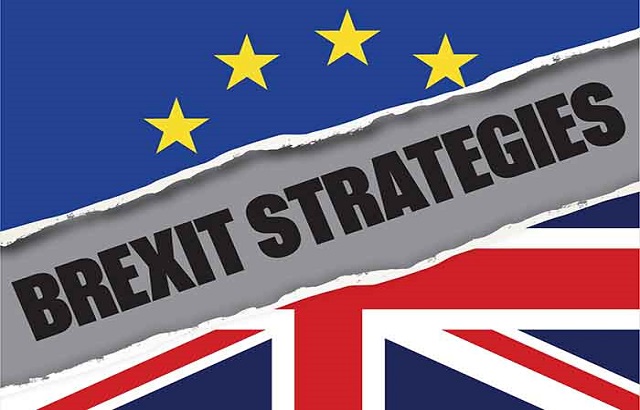The UK/EU relationship in regards to financial services have been left wanting – but finally an agreement between the two may allow companies either side of the channel to flourish.
On 27 June 2023, UK chancellor of the exchequer Jeremy Hunt signed an agreement financial services cooperation with EU commissioner Mairead McGuinness to establish a “constructive, mutually beneficial relationship between the UK and the EU in financial services”.
The Memorandum of Understanding (MoU) signifies an important step in UK/EU relations post-Brexit. The agreement will establish an ongoing forum for the UK and the EU to discuss voluntary regulatory cooperation on financial services issues.
Hunt said: “The UK and EU’s financial markets are deeply interconnected and building a constructive, voluntary relationship is of mutual benefit to us both.
“In the UK, our financial services sector is a true British success story. Together with the related professional services sector, it was worth £275bn ($348bn, €319bn) last year, making up an estimated 12% of the British economy.
“This agreement with our European partners as sovereign equals builds on our arrangements with the US, Japan and Singapore, helping to support the sector’s role as a global financial services hub.”
Expat advice market reaction
The concept of passporting was a big loss for the expat advice market in Europe – and Brexit itself left many expats asking questions no one knew the answers to.
However, do firms believe the MoU will be a good thing for cross-border advice?
David Vacani, principal at Beacon Global Wealth Management, said: “Any increase in cooperation between the UK and EU is to be welcomed. Hopefully we can build on this new framework and get agreement in many other areas of financial services. We will have to wait and see what impact this voluntary arrangement has on UK expats, but it is a positive move forward.”
Lee Eldridge, group chief executive at Chase Buchanan, said: “Aligned regulation can almost always be a positive for investors, this agreement between the UK and EU provides an extra step to help the financial services sector in the UK return to the alignment we witnessed pre-Brexit.
“The previous cross-border understanding and regulatory cooperation could be advantageous for investors and UK expats living in the EU and will provide assurance for the UK financial sector, which is the stalwart of the British economy.”
John Westwood, group chairman at Blacktower, said: “The signed deal between the UK and the EU on financial services cooperation is expected to have a significant impact for both the UK and UK expats. The agreement signifies a constructive and mutually beneficial relationship between the UK and the EU in the financial services sector. Given the deep interconnection between their financial markets, establishing cooperation is in the best interest of both parties.
“It is likely to have a positive impact on the UK’s financial services industry, ensuring continued access to EU markets and fostering stability and growth. Additionally, UK expats who work in the financial services sector may benefit from the increased cooperation and coordination between the UK and the EU, which could lead to enhanced opportunities and protections for them.”
Jason Porter, business development director at Blevins Franks, added: “While the MoU is a welcome commitment from both sides and should result in closer ties between both sides, we shouldn’t kid ourselves and think ‘passporting’ is on the agenda.
“It does not even mean the 40-odd different areas of equivalence the UK could negotiate with the EU are formally under discussion. It does not create a framework for UK investment managers and financial advisers operating in the EU and vice versa.”








